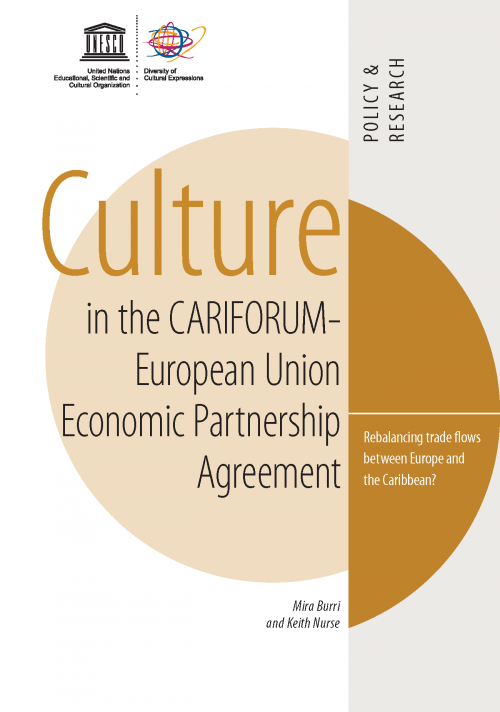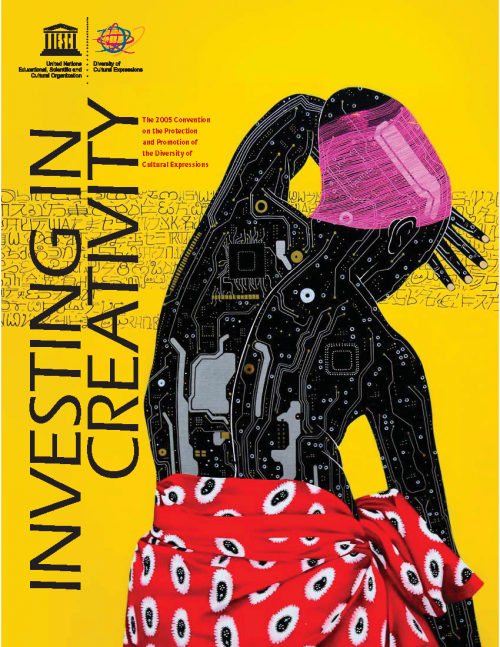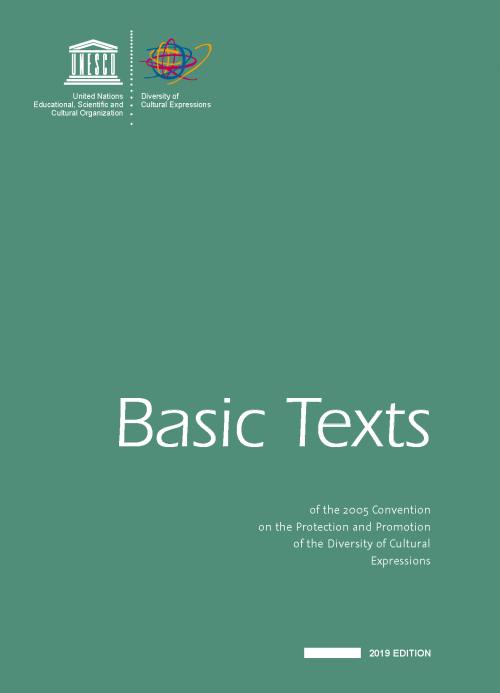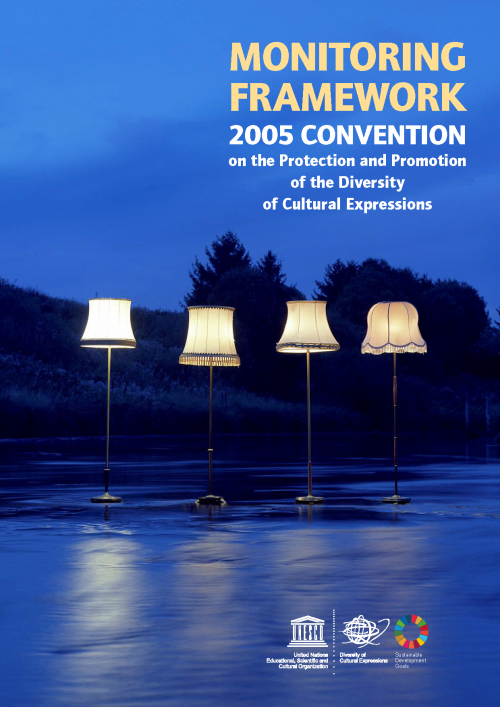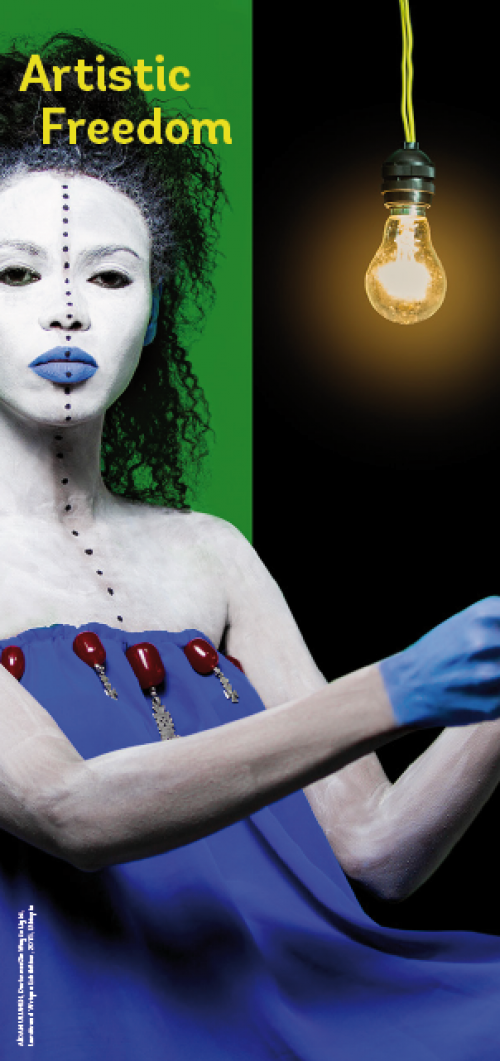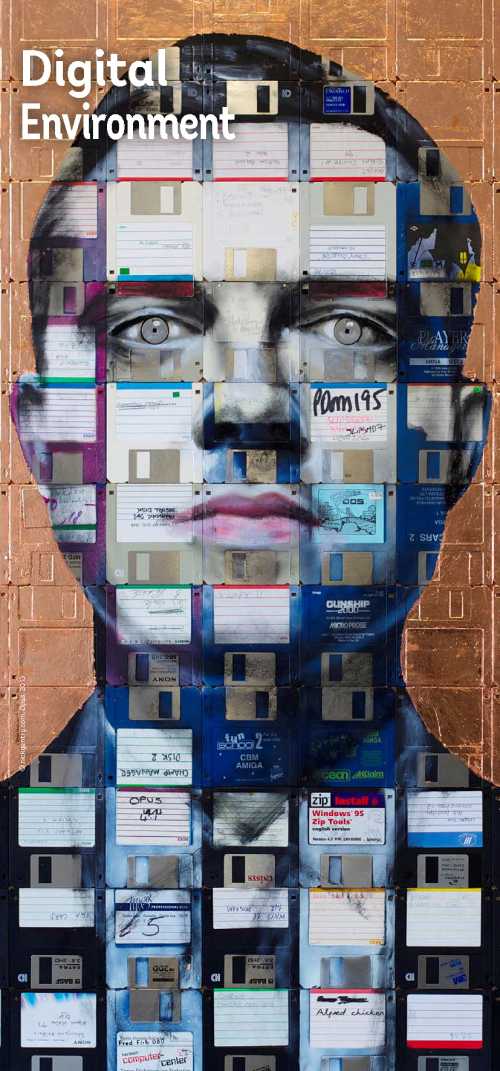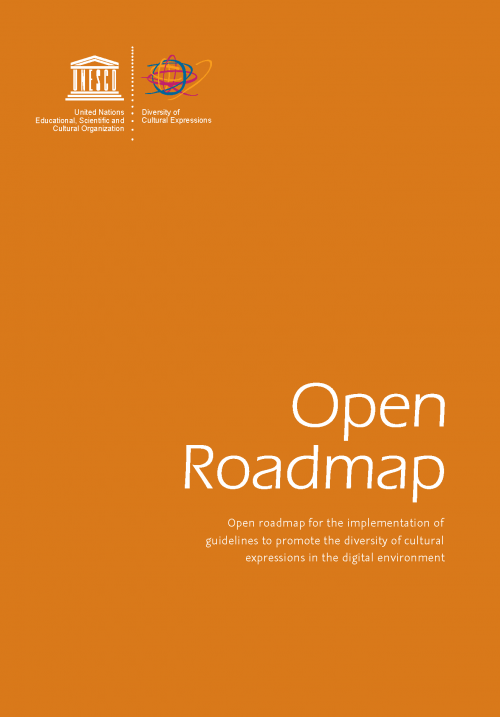Publications
The provision on preferential treatment for developing countries (Article 16) is known to be one the most binding and powerful of the UNESCO Convention on the Protection and Promotion of the Diversity of Cultural Expressions (2005). The goal of preferential treatment measures is to facilitate the mobility and exchange of artists and cultural professionals from the global South, through, for example, simplified procedures for visas or lower visa costs.
The Global Report series monitors the implementation of the 2005 Convention and provides new and valuable evidence to inform cultural policy making and advance creativity for development. The 2018 edition examines how the 2005 Convention has inspired policy change at the global and country level and puts forward a set of policy recommendations for the future, addressing the adaptation of cultural policies to rapid change in the digital environment, based on human rights and fundamental freedoms of expression.
Today, the cultural and creative industries generate annual global revenues of US$2,250 billion and exports of over US$250 billion. These sectors, which currently provide nearly 30 million jobs worldwide and employ more people aged 15−29 than any other sector, can even make up to 10% of GDP in some countries. The creative economy, constituted by these sectors, has thus become a major driver of trade strategies in developed and developing countries alike.
This publication provides the basic texts of the 2005 Convention, including the Operational Guidelines, the Rules of Procedure of the Conference of Parties, the Rules of Procedure of the Intergovernmental Committee and the Financial Regulations of the Special Account for the International Fund for Cultural Diversity.
The 2005 Convention Monitoring Framework is a dynamic tool that informs policy making on creativity for development. It determines a set of expected results, indicators and means of verification to assess progress and challenges over time. In guiding the collection of data and information, it also provides evidence for the implementation of relevant United Nations 2030 Sustainable Development Goals.
Artistic freedom is the freedom to imagine, create and distribute diverse cultural expressions free of governmental censorship, political interference or the pressures of non-state actors. It includes the right of all citizens to have access to these works and is essential for the wellbeing of societies.
Civil society organizations (CSOs) play a pivotal role in the 2005 Convention’s implementation. The Convention requires Parties to involve civil society in its ratification, implementation and monitoring.
The creative economy is becoming increasingly digitized. Today, cultural and creative industries are a key driver of the digital economy, contributing to over US$200 billion in global digital sales.
Gender Equality is achieved when women and men enjoy the same rights and opportunities across all sectors of society, including in the cultural and creative industries.
